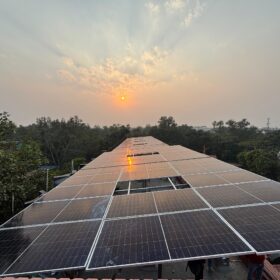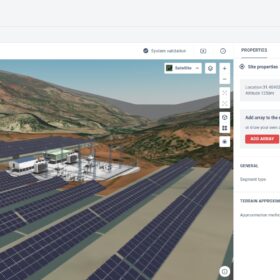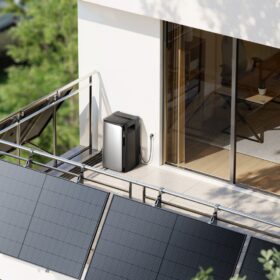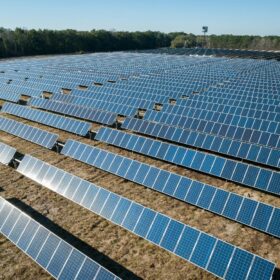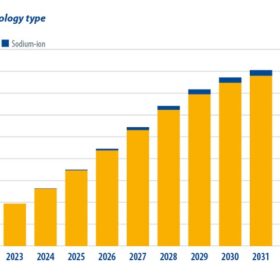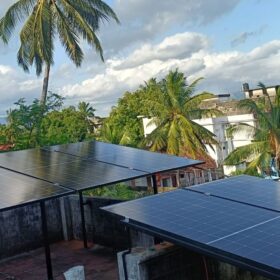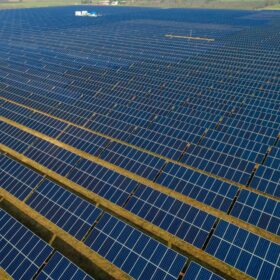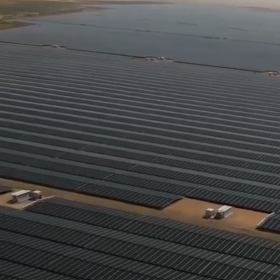What every homeowner should know before installing rooftop solar panels
Putting solar on your roof is a major project—one that demands forethought. As with any major home improvement project, it pays to do your research. Here’s what every homeowner must know before switching to solar.
U.S. solar capacity expected to triple in next 10 years
Wood Mackenzie cautioned that policy uncertainty could significantly alter its projections for solar industry growth.
India installed 7.8 GW solar in Q1 2025, says IEEFA
India added 7,782 MW of solar power generation capacity in the Jan-Feb-March period of 2025, the second-highest PV installation in the last 13 quarters, according to a power sector summary by the Institute for Energy Economics and Financial Analysis (IEEFA).
Sunora expands into solar inverter market with new launches at RenewX 2025
Gujarat-based solar module manufacturer Sunora has unveiled its grid-connected and hybrid inverters at RenewX 2025.
Waaree launches all-in-one solar kits at RenewX 2025
Waaree all-in-one solar kits are available in multiple capacities—from 3 kW to 10 kW for homes, and up to 5 MW for commercial and industrial clients.
Harnessing Big Data and advanced modelling to optimise solar PV systems
Marcel Suri, Chief Executive Officer of Solargis, speaks to pv magazine about the factors influencing the performance of PV plants globally and in India, and how historical datasets, coupled with advancements in computing power and data analytics, help optimise PV system design for better risk management.
Waaree Renewable Technologies posts INR 1,597.75 crore revenue for FY 2024-25
Waaree Renewable Technologies has reported a revenue of INR 1,597.75 crore for FY 2024-25, a growth of 82.3% compared to INR 876.50 crore in FY 2023-24.
EcoFlow launches balcony PV system, batteries with AI features
EcoFlow’s new Stream series, its second-gen balcony solar plant, enables battery coordination and plug-and-play solar for distributed batteries, plus third-party microinverter coordination for its new battery.
IEA’s World Energy Outlook systemically underestimates solar PV development
Since 1993, the World Energy Outlook (WEO) of the International Energy Agency (IEA) has been an authoritative report on energy statistics and guiding future energy supply and demand developments. An examination of these reports, however, indicates that even the most progressive of WEO scenarios has vastly underestimated the growth of renewable energy technologies, especially solar PV.
Havells invests INR 600 crore in Goldi Solar
Havells India Ltd has signed binding term sheet to invest INR 600 crore in Surat-based PV module manufacturer Goldi Solar (Goldi). As part of conditions precedent to the transaction, Havells will enter into a master supply and service agreement with Goldi for consistent supply of solar modules and cells.
